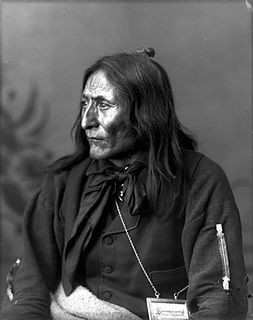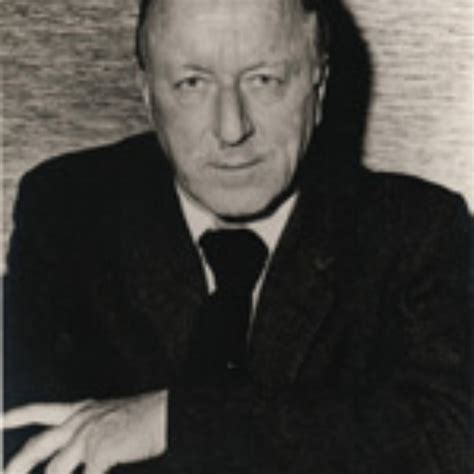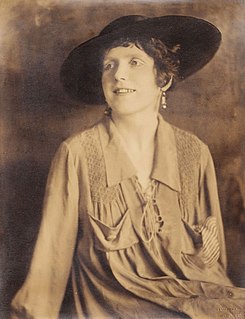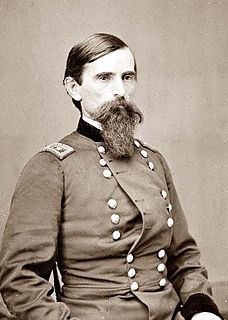A Quote by Carl Jung
And what shall we know of this life on earth after death? The dissolution of our timebound form in eternity brings no loss of meaning. Rather, does the little finger know itself a member of the hand.
Related Quotes
Everything that from eternity has happened in heaven and earth, the life of God and all the deeds of time simply are the struggles for Spirit to know Itself, to find Itself, be for Itself, and finally unite itself to Itself; it is alienated and divided, but only so as to be able thus to find itself and return to Itself...As existing in an individual form, this liberation is called 'I'; as developed to its totality, it is free Spirit; as feeling, it is Love; and as enjoyment, it is Blessedness.
I believe there are two sides to the phenomenon known as death, this side where we live, and the other side where we shall continue to live. Eternity does not start with death. We are in eternity now. Norman Vincent Peale It is the flash of a firefly in the night. It is the breath of a buffalo in the wintertime. It is the little shadow which runs across the grass and loses itself in the sunset.
Every life is punctuated by deaths and departures, and each one causes great suffering that it is better to endure rather than forgo the pleasure of having known the person who has passed away. Somehow our world rebuilds itself after every death, and in any case we know that none of us will last forever. So you might say that life and death lead us by the hand, firmly but tenderly.
In the face of death, especially violent death, things don't make sense anymore. So death is the dissolution of either physical form or psychological form. And when a form dissolves, always something shines through that had been obscured by the form. This is the formless One Life, the formless One Consciousness.
Indeed, so deep is my pleasure in the work of the garden that, if there be a dimension after death in which grieving for the loss of the world of senses is possible, I shall grieve for no person however once agonisingly desired and passionately beloved, for no emotional adventure however uplifting, for no success however warming, no infamy however exhilarating, for nothing half so much as I shall grieve to the loss of the earth itself, the soil, the seeds, the plants, the very weeds... It is a love almost overriding my love the words that could express that love.
We are left with nothing but death, the irreducible fact of our own mortality. Death after a long illness we can accept with resignation. Even accidental death we can ascribe to fate. But for a man to die of no apparent cause, for a man to die simply because he is a man, brings us so close to the invisible boundary between life and death that we no longer know which side we are on. Life becomes death, and it is as if this death has owned this life all along. Death without warning. Which is to say: life stops. And it can stop at any moment.
Will you teach your children what we have taught our children? That the earth is our mother? What befalls the earth befalls all the sons of the earth. This we know: the earth does not belong to man, man belongs to the earth. All things are connected like the blood that unites us all. Man did not weave the web of life, he is merely a strand in it. Whatever he does to the web, he does to himself. One thing we know: our god is also your god. The earth is precious to him and to harm the earth is to heap contempt on its creator.
It is more beautiful to trust in God. The beautiful in this world is all from his hand, declaring the perfection of taste; he is the author of all form; he clothes the lily, he colours the rose, he distils the dewdrop, he makes the music of nature; in a word, he organized us for this life, and imposed its conditions; and they are such guaranty to me that, trustful as a little child, I leave to him the organization of my Soul, and every arrangement for the life after death. I know he loves me.
Spring TO what purpose, April, do you return again? Beauty is not enough. You can no longer quiet me with the redness Of little leaves opening stickily. I know what I know. The sun is hot on my neck as I observe The spikes of the crocus. The smell of the earth is good. It is apparent that there is no death. But what does that signify? Not only under ground are the brains of men Eaten by maggots. Life in itself Is nothing, An empty cup, a flight of uncarpeted stairs. It is not enough that yearly, down this hill, April Comes like an idiot, babbling and strewing flowers.



































